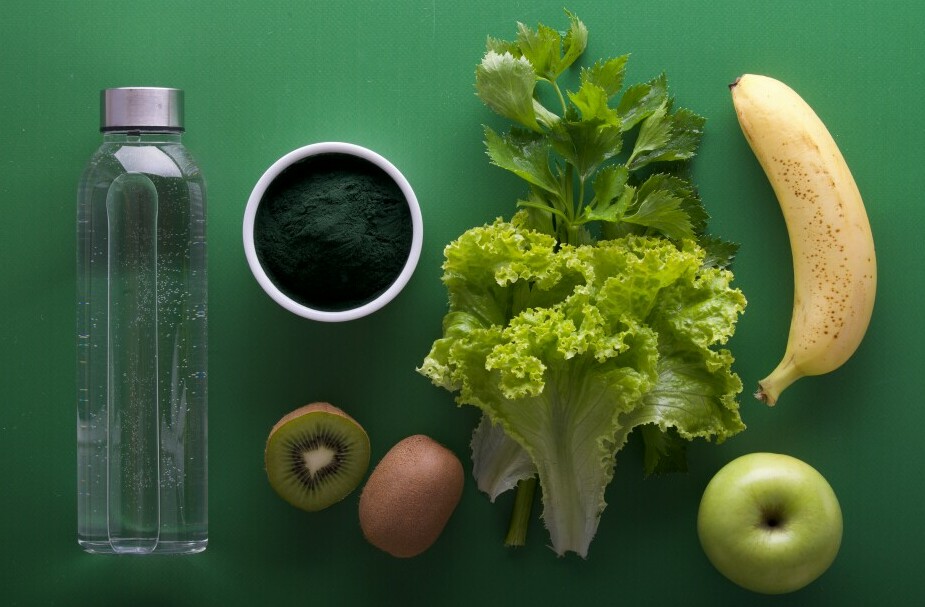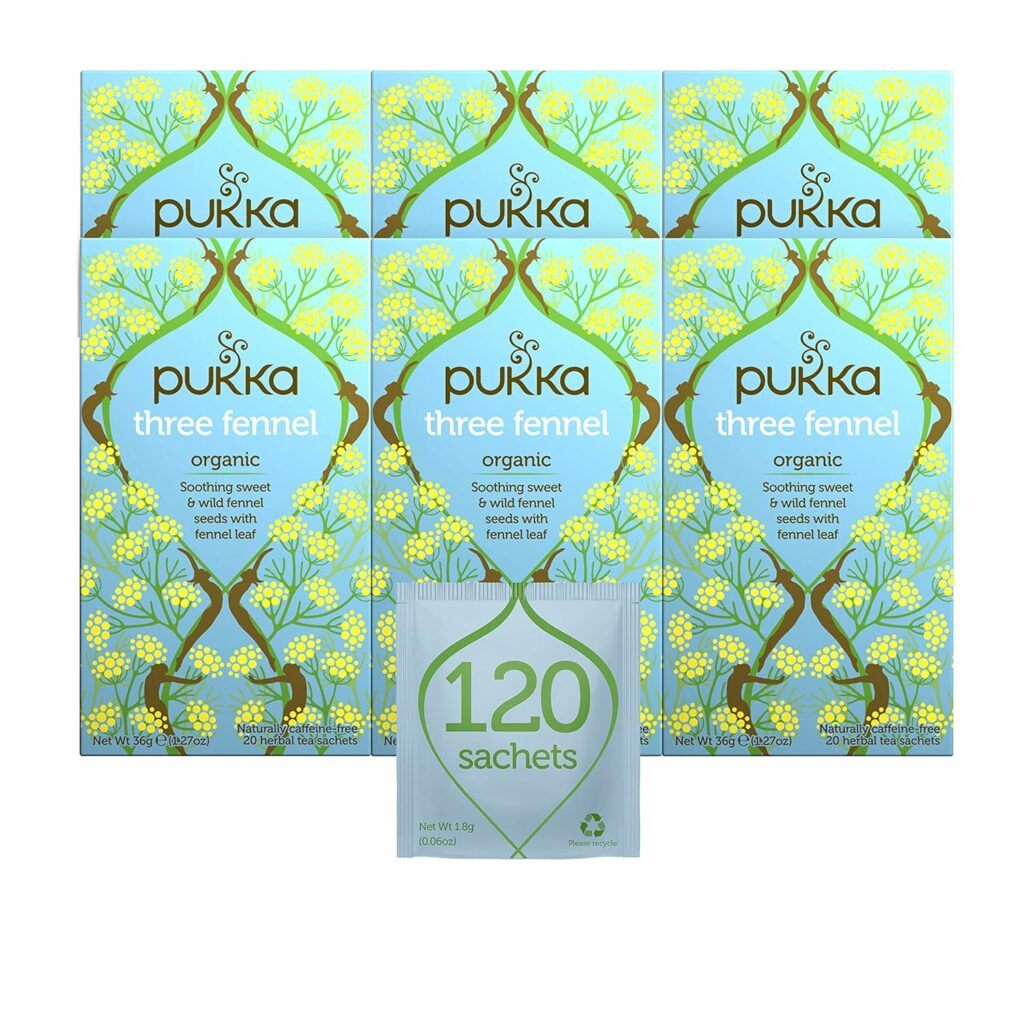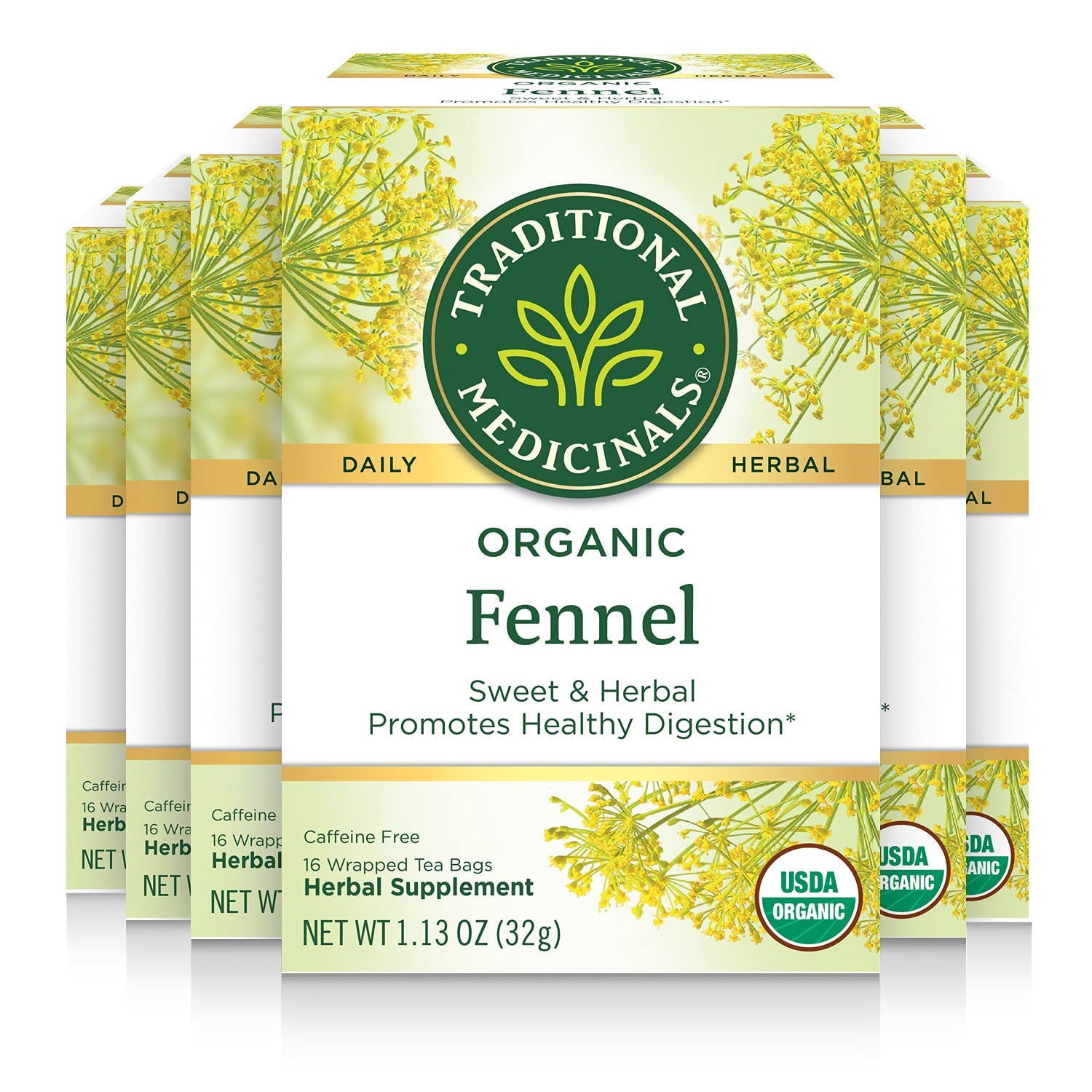Exploring Fennel Tea: A Soothing Herbal Remedy
Introduction to fennel tea: origins and traditional uses
Fennel tea, a flavorful and aromatic beverage, has a rich history and cultural significance. Its origins can be traced back to ancient civilizations, where fennel was valued for its medicinal and culinary properties.
In traditional medicine, fennel tea has been used to alleviate various ailments, including digestive issues, respiratory problems and menstrual irregularities. Its soothing and calming effects have also made it a popular sleep aid.
Fennel tea is prepared by steeping fennel seeds or dried fennel leaves in hot water, releasing a sweet, slightly spicy flavor with a hint of anise. The tea is often enjoyed plain or enhanced with honey, lemon or other herbs like chamomile or peppermint. Its versatility extends to culinary applications, where fennel seeds are used as a spice in various cuisines, adding a distinctive flavor to dishes.
Fennel tea continues to be a cherished beverage, enjoyed for its delightful taste, potential health benefits and deep-rooted cultural traditions.

The main components of fennel tea and their natural properties
Fennel tea is a naturally caffeine-free beverage made from the dried seeds of the fennel plant (Foeniculum vulgare). It possesses a distinct sweet and slightly bitter flavor, along with a refreshing aroma. Fennel tea is renowned for its array of health-promoting compounds, including essential oils, flavonoids, and antioxidants.
Anethole, a primary component of fennel essential oil, imparts the tea’s characteristic flavor and aroma. This compound exhibits anti-inflammatory, antimicrobial and antioxidant properties. Fennel tea also contains flavonoids like quercetin and kaempferol, which possess antioxidant and anti-inflammatory effects.
In addition, it is a source of antioxidants such as vitamin C and beta-carotene, which help protect cells from damage caused by free radicals. These natural compounds contribute to fennel tea’s potential health benefits, including aiding digestion, reducing inflammation and supporting respiratory health.
Summary of the holistic benefits: aligning with a health-conscious audience
Fennel tea, a soothing and aromatic beverage, has been revered for centuries for its holistic benefits. Originating from the Mediterranean region, fennel, a member of the parsley family, possesses unique properties that align with a health-conscious audience seeking natural remedies.
This flavorful tea, crafted from fennel seeds, offers a myriad of advantages, ranging from digestive support to respiratory relief. Its carminative properties aid in reducing gas and bloating, while its anti-inflammatory effects help alleviate discomfort associated with digestive issues.
Fennel tea’s expectorant qualities assist in clearing congestion and easing coughs, making it a comforting choice during respiratory ailments. Furthermore, its diuretic properties promote fluid elimination, supporting urinary tract health.
Fennel tea’s antioxidant content helps combat free radical damage, potentially reducing the risk of chronic diseases. Its calming properties may also contribute to relaxation and restful sleep.
As a caffeine-free beverage, fennel tea offers a gentle and revitalizing alternative to coffee or black tea. Its distinct flavor profile, reminiscent of licorice, adds a refreshing touch to any wellness routine. Two of my favorite brands are listed at the bottom of this post and are available on Amazon.

The Digestive Dynamo: Fennel Tea and Gut Health
Fennel tea’s role in promoting digestive wellness
Fennel tea, brewed from the aromatic seeds of the fennel plant, has long been revered for its remarkable ability to promote digestive wellness. This traditional herbal remedy boasts a plethora of therapeutic properties that effectively alleviate a wide range of digestive ailments.
Fennel tea acts as a natural carminative, aiding in the expulsion of excess gas and preventing the uncomfortable symptoms of bloating, flatulence and abdominal pain. Its antispasmodic properties provide relief from muscle spasms in the digestive tract, easing cramping and colic.
Furthermore, fennel tea exhibits mild laxative effects, gently stimulating bowel movements and combating constipation. It’s anti-inflammatory properties help soothe irritated tissues and reduce inflammation throughout the digestive system.
By addressing these common digestive concerns, fennel tea promotes overall digestive health and well-being, allowing individuals to enjoy a more comfortable and balanced digestive experience.

How fennel tea can alleviate common digestive issues such as bloating and cramps
Fennel tea, brewed from the aromatic seeds of the fennel plant, has been traditionally used for centuries to alleviate common digestive issues such as bloating and cramps. Its carminative properties help to expel excess gas from the digestive tract, providing relief from abdominal distension and discomfort. Fennel tea also contains antispasmodic compounds that relax the smooth muscles of the digestive system, reducing intestinal spasms and cramps.
In addition, fennel’s anti-inflammatory properties may help to soothe irritated tissues and reduce inflammation in the gut, further contributing to its effectiveness in alleviating digestive discomfort. Furthermore, fennel tea is a good source of dietary fiber, which can help to promote regularity and improve overall digestive health.
To prepare fennel tea, steep one to two teaspoons of fennel seeds in hot water for 5-10 minutes, strain and enjoy. For optimal results, consume a cup of fennel tea after meals or as needed to relieve digestive symptoms.
The connection between fennel tea and gut flora balance
Fennel tea, a popular herbal infusion, has been traditionally used for its various health benefits, including its potential impact on gut flora balance.
This aromatic tea, made from the dried seeds of the fennel plant, contains a diverse array of bioactive compounds, including essential oils, flavonoids and antioxidants. Research suggests that these compounds may play a role in modulating the gut microbiota, the complex community of microorganisms residing in the digestive tract.
Fennel tea has demonstrated antimicrobial properties against certain harmful bacteria, potentially helping to control their growth and maintain a healthy balance within the gut flora. Its anti-inflammatory effects may alleviate gastrointestinal discomfort and promote a favorable environment for beneficial bacteria to thrive.
Furthermore, fennel tea has been shown to stimulate digestive enzyme production, aiding in the breakdown and absorption of nutrients and thereby supporting overall gut health. While more research is needed to fully understand the mechanisms involved, the potential of fennel tea in promoting gut flora balance and overall digestive well-being is an intriguing area of exploration.

Beyond Digestion: Additional Wellness Perks of Fennel Tea
Fennel tea as a natural aid for respiratory conditions
Fennel tea, prepared from the seeds of the fennel plant (Foeniculum vulgare), has been traditionally used as a natural remedy for various respiratory conditions. Its popularity stems from its potential expectorant and anti-inflammatory properties. The active compounds in fennel, such as anethole and fenchone, are believed to help loosen mucus and soothe irritated respiratory tracts.
Additionally, fennel tea is rich in antioxidants, which can help protect against oxidative stress and inflammation. While scientific evidence supporting the efficacy of fennel tea for respiratory conditions is limited, anecdotal evidence and preliminary studies suggest that it may provide relief from symptoms such as coughs, congestion and sore throats.
Furthermore, fennel tea is generally considered safe for consumption, making it a potential complementary therapy for respiratory ailments. However, it is important to consult a healthcare professional before using fennel tea, especially if you have underlying health conditions or are taking medications.
Potential benefits of fennel tea for menstrual comfort
Fennel tea has been used for centuries as a natural remedy for menstrual discomfort. The potential benefits of fennel tea for menstrual comfort are numerous.
Fennel contains anethole, which has been shown to have anti-inflammatory properties. This can help to reduce the severity of menstrual cramps and alleviate discomfort. In addition, fennel is a natural diuretic, which can help to reduce bloating and water retention that often accompanies menstruation.
Fennel tea also has a calming effect on the body, which can help to reduce stress and anxiety associated with menstrual symptoms. Furthermore, fennel contains phytoestrogens, which are plant-based compounds that mimic the effects of estrogen in the body. This can help to regulate hormone levels and alleviate symptoms such as mood swings and breast tenderness.
Overall, fennel tea has the potential to provide natural relief for a variety of menstrual symptoms, making it a popular choice for women seeking alternative remedies for menstrual discomfort.

The calming effects of fennel tea on the nervous system
Fennel tea has been known for its calming effects on the nervous system for centuries. The natural compounds found in fennel, such as anethole, fenchone and estragole, have been shown to have a soothing effect on the nerves, helping to reduce stress and anxiety.
These compounds work by interacting with neurotransmitters in the brain, such as serotonin and dopamine, which are responsible for regulating mood and emotions. Additionally, fennel tea contains magnesium, which is known to have a calming effect on the nervous system by promoting relaxation and reducing muscle tension.
The combination of these natural compounds makes fennel tea an effective remedy for those looking to alleviate symptoms of stress, anxiety, and nervousness. Many people have found that incorporating fennel tea into their daily routine has helped them to feel more relaxed and at ease, making it a popular choice for those seeking natural remedies for managing their mental well-being.
Whether enjoyed as a warm beverage before bed or sipped throughout the day, fennel tea can provide a gentle and natural way to support a healthy and balanced nervous system.
Fennel tea for weight management: separating facts from myths
Fennel tea has been touted as a natural remedy for weight management, but separating the facts from the myths can be challenging. Fennel tea is made from the seeds of the fennel plant, which is known for its licorice-like flavor and aromatic properties. It has been used for centuries in traditional medicine to aid digestion and alleviate symptoms such as bloating and gas. Some proponents of fennel tea claim that it can also help with weight loss by boosting metabolism and reducing appetite.
However, there is limited scientific evidence to support these claims. While fennel tea may have some potential benefits for weight management, it is important to approach these claims with caution and skepticism. It is always best to consult with a healthcare professional before using fennel tea or any other herbal remedy for weight management.
Additionally, it is important to remember that weight management is a complex issue that involves a combination of factors such as diet, exercise, and overall lifestyle. There is no quick fix or miracle remedy for weight loss and it is important to approach any potential remedies with a critical eye and a focus on overall health and well-being.

I hope you have enjoyed this content. If you have questions or comments I’d love to hear from you in the ‘Leave a Reply’ section below. Finally, if you would like to be notified as updates are made here at 65 and Fabulous enter your name and best email in the form below.


